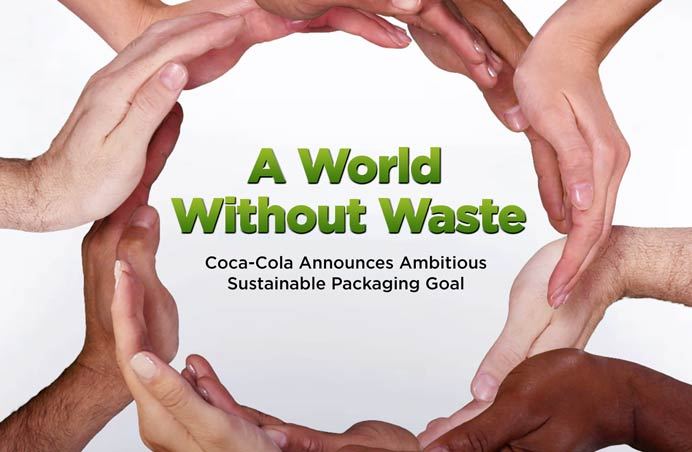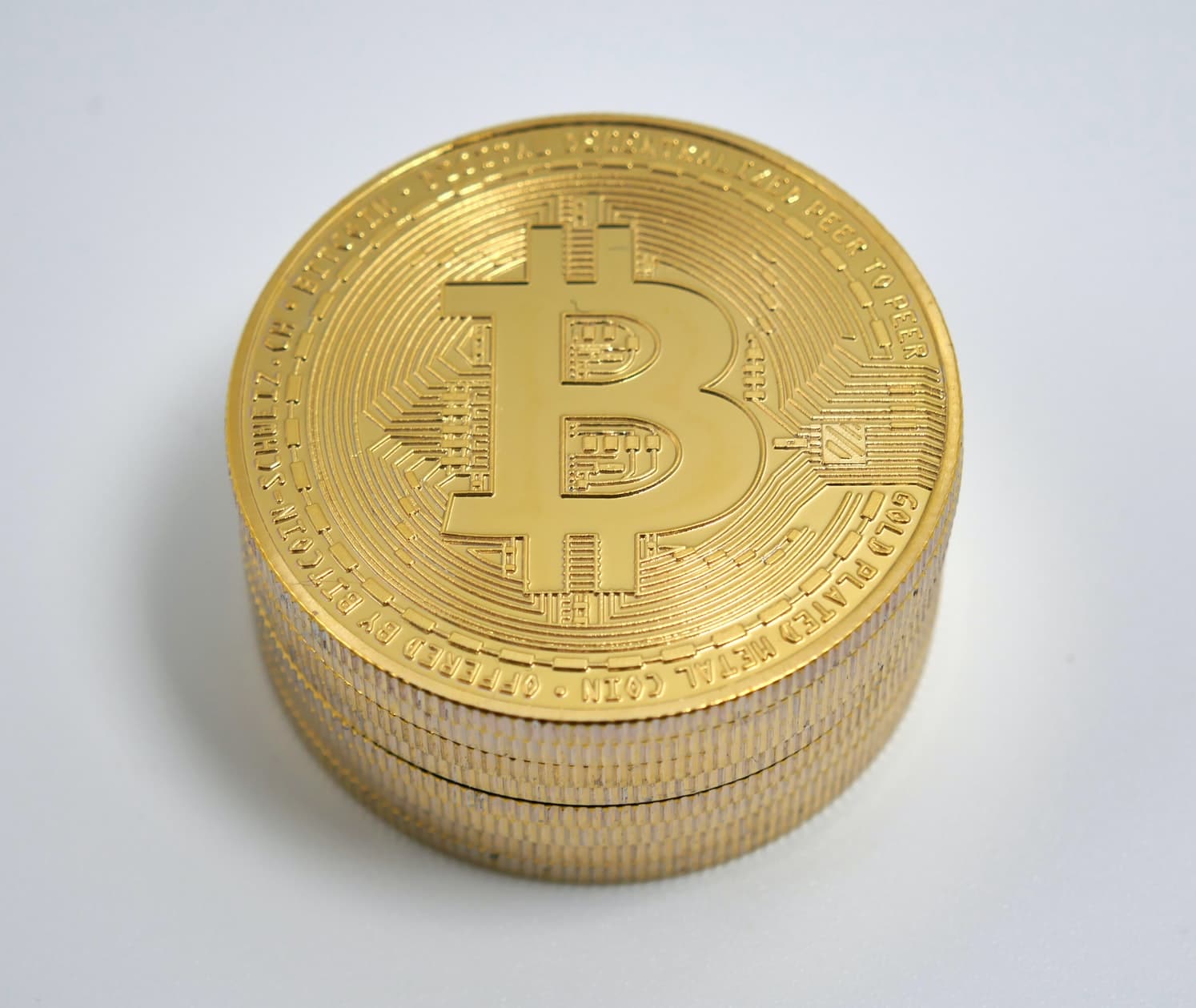Sustainability appeals to me in more ways than you can think of. As a trained interior designer, I have a responsibility to offer sustainable building solutions to my clients at all time. This is where Green Design comes in.
In November 2016, I attended a Green Building solutions workshop during The Big 5 East Africa Construct Week. It was an informative session where we were taken through the factors that qualify a building to be termed as sustainable.
Note: The Big 5 East Africa Construct Week 2017 was pushed to 2018. This is because the dates were clashing with those of the swearing-in of the president.
In Nairobi, Dunhill Towers along Waiyaki Way has been awarded a 5-star green status by the World Green Building Council. This means that its design has met all the requirements set by the council. Sanlam Towers is another green building set to open in Westlands.
Why A World Without Waste Is Possible

Ben Jordan, Senior Director of environmental policy has this to say. “We’ve been working with our partners for decades to do our part to build more sustainable packaging and more effective recycling programs. Now it’s time to do more. We are the beverage industry leader. We want to be part of the solution, not just part of the problem. Our consumers expect us to lead the way. So we are.”
In his post on Medium.com, President & CEO of Coca-Cola explains why the company is taking this new direction. He says,
“No matter who you are or where you live, one thing is certain: in that hour, an estimated 900 metric tons of plastic waste entered our oceans. That’s the mass of nearly 600 mid-size sedans. That’s unacceptable.
It’s also unsustainable. If left unchecked, plastic waste will slowly choke our oceans and waterways. This waste presents clear dangers to marine life, which we see in disturbing images of animals suffering. And make no mistake, this waste will likely have a broader impact beyond wildlife.”
Read the full article on here.
How Is Coca-Cola Looking To Achieve This Vision?

Globally, the Company and its bottling partners are pursuing several key goals to achieve this vision:
- Investing in the planet; By 2030, for every bottle or can the Coca-Cola system sells globally, we aim to help take one back so it has more than one life. The Company is investing its marketing dollars and skills behind this 100% collection goal to help people understand what, how and where to recycle. We will support the collection of packaging across the industry, including bottles and cans from other companies. The Coca-Cola system will work with local communities, industry partners, our customers, and consumers to help address issues like packaging litter and marine debris.
- Investing in packaging; To achieve its collection goal, The Coca-Cola Company is continuing to work toward making all of its packaging 100% recyclable globally. The Company is building better bottles, whether through more recycled content, by developing plant-based resins, or by reducing the amount of plastic in each container. By 2030, the Coca-Cola system also aims to make bottles with an average of 50% recycled content. The goal is to set a new global standard for beverage packaging. Currently, the majority of the Company’s packaging is recyclable.
Coca-Cola looks to achieve this with the help of its global partners the Ellen MacArthur Foundation’s New Plastics Economy initiative, The Ocean Conservancy/Trash Free Seas Alliance and World Wildlife Fund (The Cascading Materials Vision and Bio-plastic Feed-stock Alliance).
Closer Home

In Kenya, the government has already made steps towards sustainability. The Ministry of Environment banned the use of plastic bags since September 2018.
The company is part of very productive discussions with the Ministry of Environment and Natural Resources, under the Kenya Association of Manufacturers PET Sub-Sector group (resin importers, converters, bottlers, users and recyclers) who bring extensive experience across the value chain.
Kelvin Balogun, President of Coca-Cola Southern and East Africa says “The company has already taken great strides in reducing, reusing and recycling our packaging. We have worked closely with our bottling partners, local and national authorities, and recycling partners to improve the collection and local recycling rate of our cans, plastics and glass bottles”.
Steps Taken
Reduce: We have reduced our dependence on fossil fuels by introducing the PlantBottle packaging in 2012. It is the first fully recyclable PET plastic bottle made with up to 30% plant-based materials.
Reuse: Our system with partners, has invested in two bottle-to-bottle recycling facilities at Extrupet and MPact, to create recycled PET for use in the beverage industry. 45,000 tonnes of PET bottles are diverted from landfills each year for reuse in the beverage industry. An estimated 288,000m3 of landfill spaced has been saved and 82,000 tonnes of CO2 emissions are reduced each year. More than 1,500 new jobs have been created due to these two world-class investments.
Recycle: Coca-Cola, its bottling partners and other members of the PET value chain helped to set up PETCO, the PET Recycling Company, which in 2016 achieved recovery and local recycling rate of 58% of post-consumer PET bottles – one of the highest in the world. This is the same figure as in Uganda where our bottling partner Century Bottling Company (CBC) and subsidiary Plastics Recycling Industries in 2016 collected 58% of all the PET it sells to the market. Through strong partnerships with municipalities and suppliers, the initiative employs over 1,200 people with the majority being women.
The most noteworthy part of this announcement was the reiteration of Ben Jordan’s words by James Quincy. “Bottles and cans shouldn’t harm our planet, and a litter-free world is possible. Companies like ours must be leaders. Consumers around the world care about our planet, and they want and expect companies to take action. That’s exactly what we’re going to do, and we invite others to join us on this critical journey.”
In Conclusion
We have to take care of our world because it is the only one we have. However much science is convincing us of life on another planet, we don’t know how fair on us it will be. It is therefore a responsibility of each one of us to play their part towards sustainability.
Coca-Cola has shown you how what are you doing?




